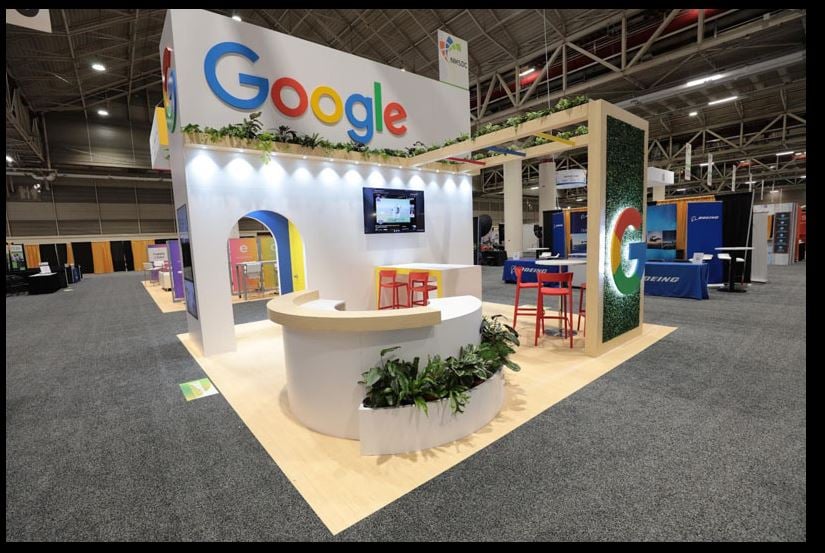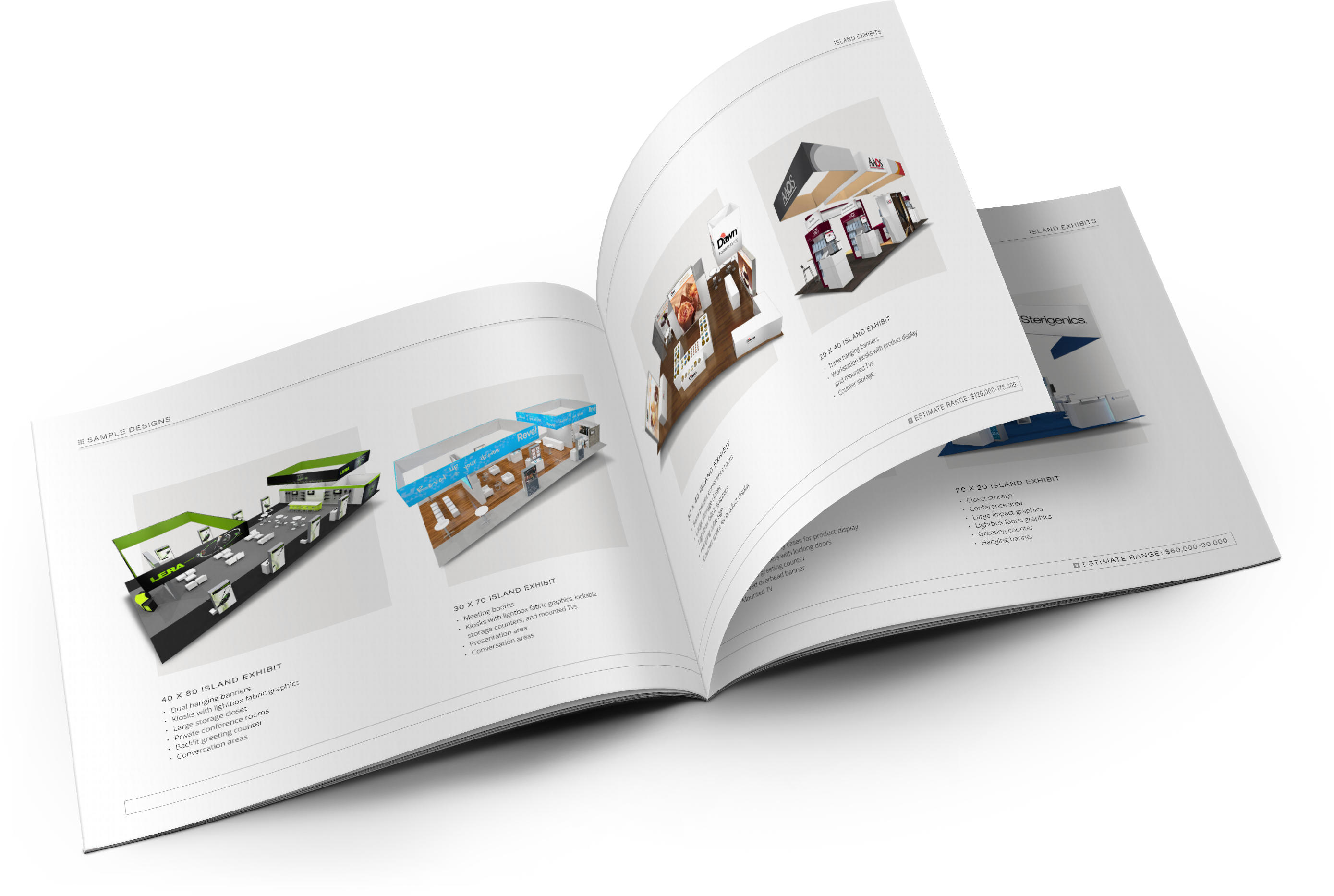A recent report revealed that in-person events are the most trustworthy source of information, more so than academic institutions and media outlets. Report authors Freeman explored this topic further with the help of Edelman Data and Intelligence, the research firm that studies trust. New findings include that 77 percent of respondents say they trust brands more after interacting face-to-face at live events. Those between 20 to 44 years old, known as next-gen eventgoers, trust events as information sources more than the government and media. “There have been so many conversations about recession, and the survey data reveals that if a company needs to cut its budget, events are not the place to cut,” said Mickey Wilson, chief marketing officer at Freeman.
Events are a form of media, she added. “You must consider their reach and frequency. An increase in frequency results in an increase in the number of people you reach and the trust you can create. That leads to an uptick in brand loyalty, advocacy, and purchase,” said Wilson.
Polarization at Unprecedented Levels
According to Edelman, the world is more polarized than ever, and trust in the government, the news, and technology are at an all-time low. 
Business, and hence events, is the leading voice on societal issues and is the only area viewed as being competent, according to the report. In addition, the face-to-face nature of events increases their competency.
“Strong connections happen when you look each other in the eye. There is no other media channel that can make an impact like an event can in such a short amount of time,” said Wilson.
Add to that the halo effect, where the positive feeling created by an event can last for at least a month, explained Wilson.
The 2022 Edelman Trust Barometer Special Report: The New Cascade of Influence revealed that over six-in-ten people would buy or advocate for a brand that shares their beliefs and values, while the 2022 Edelman Trust Barometer Special Report: Trust in the Workplace found that nearly seven-in-ten employees say that having a societal impact is a strong determinant of whether they will accept or reject a job. And people still want more business engagement, not less, in addressing societal issues like climate change, economic inequality, and workforce reskilling.
Event Build Trust
As business remains a stabilizing force globally, meetings take on added importance. By encouraging truthful communication, which leads to engagement, polarization can be mitigated.
With this in mind, Wilson stresses the importance of making events part of an integrated plan, not just a one-off, and then riding the wave of trust and positivity to create brand advocacy.
Each generational demographic group has a different view of trust. Take Gen-Zers. Their trust levels are falling in all segments of life. Interestingly, they have a loudspeaker to share their grievances with others — social media. They are the first generation born entirely during the digital age and don’t know a world without the internet.
“These digital natives do their research and don’t take companies at their word. So building trust is fundamental to them; if they don’t trust a brand, they will let others know,” said Wilson.
What stands out from the report is that all generations say they leave events with greater trust. “Events are more important for all, as face-to-face interaction is an effective way to build trust,” said Jill Byron, senior vice president of marketing at Freeman. “The numbers are high across all generations.”
Guest Blogger: Andrea Doyle






